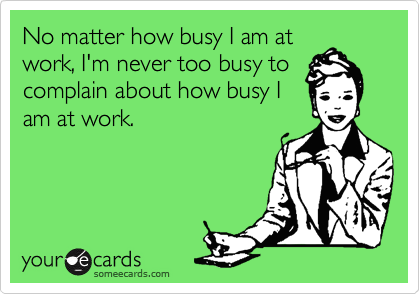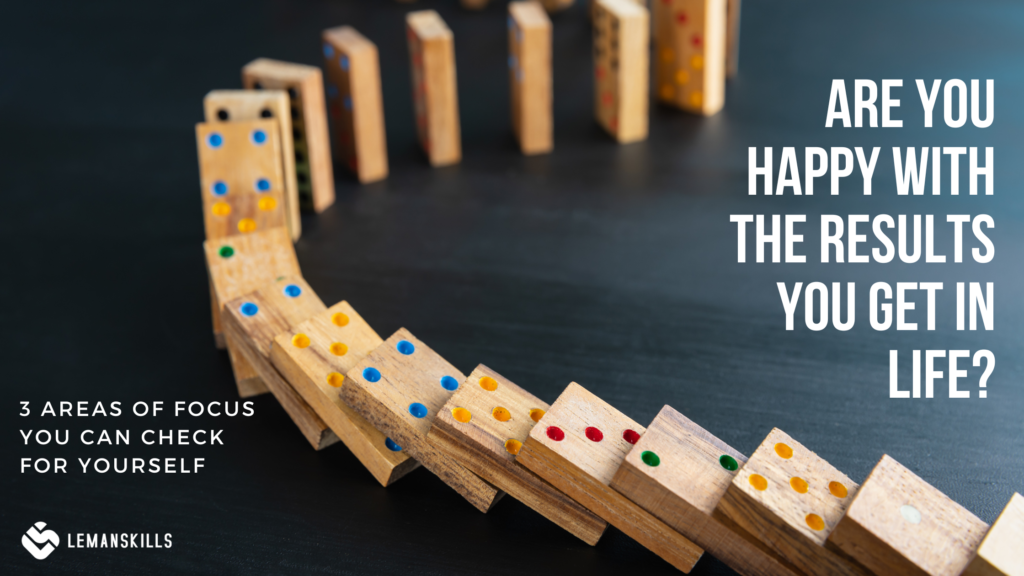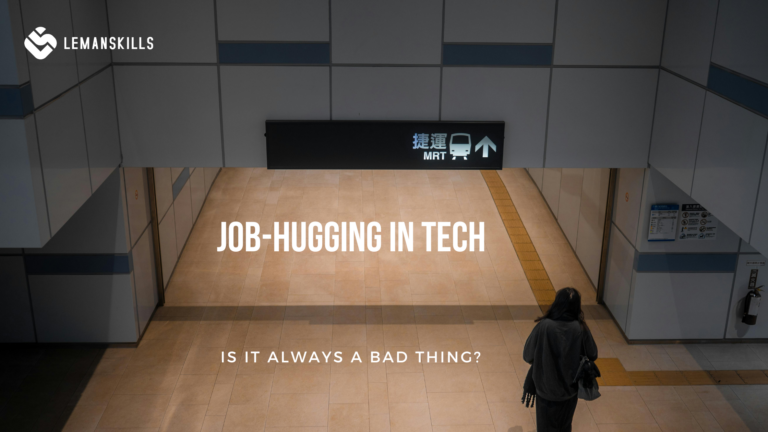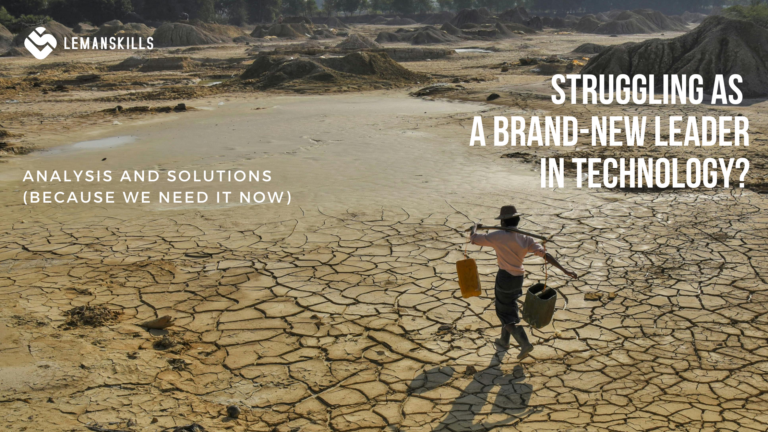While running the other day, I was listening to the podcast by Lori Harder “Earn Your Happy: This Will Get You the Results You Want in Your Life Fast!”. And there was one sentence at the very beginning that stick with me, and I thought about it a lot afterwards.
“If you have in your life the results that you are not very happy about, it means that you have a ritual that creates that kind of result”.
So basically, it’s about connecting the dots between what we do and what kind of outcome we get because of making a certain decision (or not). It seems obvious, as well as the quote that I got from the podcast, but it dawned on me that many times in our life we don’t think that way. We look for guilty and blame the outside world for something happening to us.
I can’t lose weight, because of my genetics (big bones).
It’s impossible for me to take care of myself, because I have kids.
I’m not becoming the entrepreneur, because I need financial stability that 9-5 job gives me.
I feel bad after eating another piece of candy or slice of pizza, but I can’t help it.
We all have those voices in our heads. They relate to all areas of our life and it’s natural to have them. Our brain tries to protect us all the time from being hurt, suffering or feeling disappointed. That’s how rituals are made.
What kind of rituals in different life roles you have that bring you certain results? Let’s dig deeper into this subject today.
Health Rituals
What kind of rituals do you have regarding your health that give you certain results? Do you like those results? Are you healthy: physically and mentally? Sometimes we are surprised that we eat in some way, don’t work out or don’t take care of our sleep and we are tired, we gain weight, or we can’t focus.
Examples of the bad health rituals and their results?
- I eat junk food, candy or drink a lot of alcohol, soft drinks or high-sugar juices, so I gain weight (or can’t lose it). I don’t like or accept myself, feel guilty to not “stay strong” with the diet or feel tired because of the lack of good nutrition my body needs.
- I don’t exercise, so I gain weight, don’t have energy, have a weak body. I’m getting exhausted after going into the first floor using stairs, my back hurts (especially when I sit most of the day at work).
- I don’t sleep regularly, so I feel like being on a jet lag all the time, I can’t focus, it’s hard for me to finish one task at the time, I snap at other people.
At the other hand, there are some examples of good health rituals and their results:
- I go to bed and wake up approximately at the same time every day, so my body has a regular rhythm, is well-rested, energized and ready to overcome whatever life brings for me every day.
- I drink 8 glasses of water or tea (without any sugar) every day, so my body is well-hydrated, not feeling hungry (sometimes we are not hungry, just thirsty), my brain works well, since I can focus well when feeling like that.
- I don’t overeat, so I don’t feel full and tired because of the amount of food that I don’t really need. The food should serve me, not the other way around.
Do you see the difference? The rituals we have shape the results we get, the emotions we feel and the thoughts we have in our heads. If you don’t feel happy or satisfied with your health and body, it means that you have rituals in your life that give you that kind of results.
What can you do differently in this area? How can you change your rituals to get some other results than before?
Work Rituals
Are you satisfied with your professional life? Are you who you want to be? Or you hate Mondays, waiting for Friday every single week and having a stomach age every Sunday afternoon?
What kind of rituals do you have now connected with your work?
Do you work every day 12-14 hours, barely see your friends or family and feeling constantly guilty about it? But you do it for them, right? So they have a good life, or you can spend time together travelling or hanging out in fancy places? Or maybe you just love what you do so much that you lose the track of time and that’s why you don’t have space for rest or anything else?

Or maybe you didn’t participate in any training session, workshop, mentoring or coaching program for years and you are surprised that you are the last person in line to get promoted, younger people beat you in any category of activities and you are upset about it?
The second scenario is that you invest time every day to be a better specialist, manager, entrepreneur or colleague for your teammates. Even if it’s just 5 minutes of reading or listening to the podcast that feed your brain, you do it consistently. And it pays out.
Maybe you look for the opportunities all the time, seeking proximity to those people who achieved success, so you can learn from their experiences.
The choice is yours. Many people look at all those experiences and say that it happens to them, the circumstances are not very good, it’s not a good time or economy. And it’s so not true. Rituals you have in your work-life have consequences that create your professional reality.
Relations Rituals
If your relationships are not looking like you wanted them to like, most people look for guilty outside of themselves. He/she is not behaving “like before”. I reached out twenty times, now’s the time for my friends to do the first move. My parents weren’t very supportive when I was a child, so now I’m going to punish them, and I won’t contact them more than every other Christmas. Or I’m so busy that I don’t have time to make a 5-minute call and check what’s up.
What kind of rituals do you have in terms of the relationships in your life? And what kind of results are you getting from it?
Do you spend time that you have together with your significant other by scrolling social media, instead of focusing on what the other person is talking about, and your relationship is falling apart?
You are calling or writing to your friends only when there is an emergency or you need something, and they stop reaching you out?
Or maybe when you with someone, you put your phone down and have a quality conversation with the other person, so you feel closer to each other every time you speak?
Or maybe you call your parents every day, even if it’s just 5 minutes while you simply exchange what happened during the day and say that you love each other?
Rituals that you have make the results you get. If you invest time, focus, good energy, care in the people that are around you, you have certain, mostly positive outcome. If you don’t, there is also an outcome: but I bet most of us prefer to have those results coming from the first scenario. That the relationships that we have in our life are meaningful, serving both (or more) sides, nourish who we are and who we are becoming every single day.
The bottom line
You are what you focus on. You become the rituals you live every day, because these are repetitive set of actions or decisions that shape who you are. Every ritual is your choice, no matter what you thought about it before reading this article. It’s your responsibility to choose what you do, how you live your life and what comes from it at the end of the day.
Every action has a reaction and that’s how everything in this life works. Do you want to live a good, full, healthy life? if yes, build rituals that will support this statement. Do you want to waste your life, be miserable and depressed? You can do it to, it’s your call.
Isn’t it wiser to pick the first scenario?




